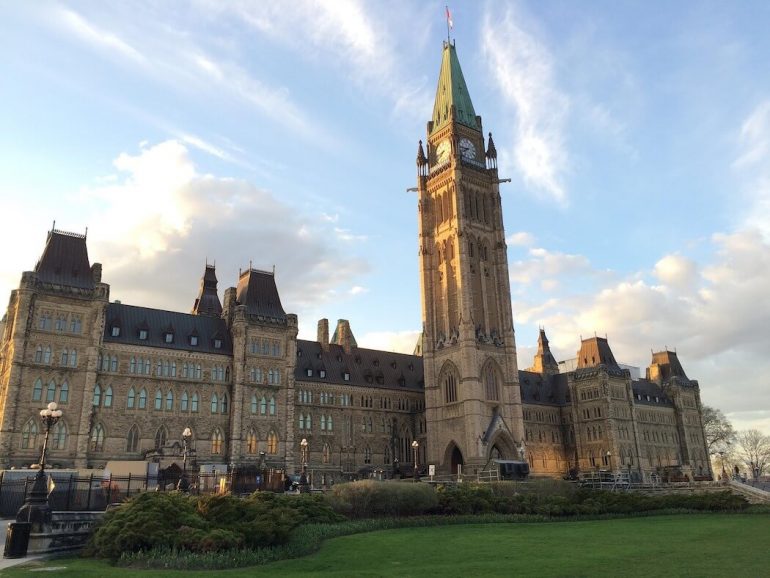When it comes to Tweeting about indigenous matters, the NDP are outstripping every other political party as the 2021 election progresses.
To date, the NDP have Tweeted more than 15 times about Indigenous matters, far more than the Liberal Party’s approximately seven Tweets, and the Conservative’s six.
The information on the Tweets comes from a new interactive database that researchers from the Observatoire des administrations publiques autochtones (OAPA) and the Observatoire de la politique et de la sécurité de l’Arctique (OPSA) of the École nationale d’administration publique (ENAP) launched on September 2.
Updated each day, the database allows for real-time tracking of how Indigenous matters are being presented throughout the campaign.
ENAP is the only French-speaking university in North America specializing in public administration.
The interactive tool measures, among other things, the level of attention given to these matters, by day, by political party and by riding. Several tools are also available to analyze the type of topics raised and the themes addressed by the candidates.
Updated each day, the database allows for real-time tracking of how Indigenous matters are being presented throughout the campaign.
The analysis tool parses Indigenous matters by hashtags frequency, and breaks out mentions into word clouds and sentiment. Interactive maps show where and how many mentions are made, and by whom.
Tweets may be broken down by political party, party leaders, most active candidates, and more; while hashtags include subcategories by political party, province, territory, and gender.
Originally funded by the Digital Ecosystem Research Challenge, the project aims to understand the factors impacting the outcome of attention to Indigenous issues by election candidates on Twitter, along with partisan affiliation and characteristics of local ridings.
As well, the researchers are investigating if national advocacy groups representing Indigenous people and issues are able to set the agenda and compel political parties to position themselves on Indigenous issues, and if the overall priorities of Canadians are matching the messages posted by candidates of the main political parties.
Montreal’s Centre for Media Technology and Democracy director Taylor Owen and Elizabeth Dubois at the University of Ottawa launched the Digital Ecosystem Research Challenge in April 2019, in order to examine the impacts of digital media on Canadian elections.
Through the challenge, 18 winning projects collaborated to analyze a large-scale dataset collected from social media, online news, web, and survey data. In creating this collaboration, the goal was to map the digital ecosystem in order to support increased civic and digital literacy.
RELATED: Liberal Party platform promises SR&ED reform, plans for $2 billion advanced research agency
This year’s project continues similar research conducted during the 2019 federal election campaign.
Earlier this year, the Observatory of Indigenous Public Administrations (OAPA) released a report on the quantity and quality of Twitter attention paid to Indigenous issues by candidates for the 2019 federal election.
In the report, authors Jean-François Savard and Emmanuel Saël noted that Twitter is one of the most widely used social media by Canadian politicians, with 80 percent of Canadian parliamentarians signed up.
Using research from Tweets made by the candidates, the researchers analyzed the place Indigenous issues in candidates’ speeches during the previous election, as well the nature of the speeches themselves.
The data collected this year will lead to the publication of more detailed analyses of this campaign and comparative analyses with the previous federal election campaign that will be presented in reports published later this year. These analyses will also be presented at a scientific symposium next spring.
OAPA aims to develop, in collaboration with Indigenous communities, knowledge and practices in public administration adapted to Indigenous contexts, and to consolidate Indigenous expertise across the country.
Image source Pixabay


